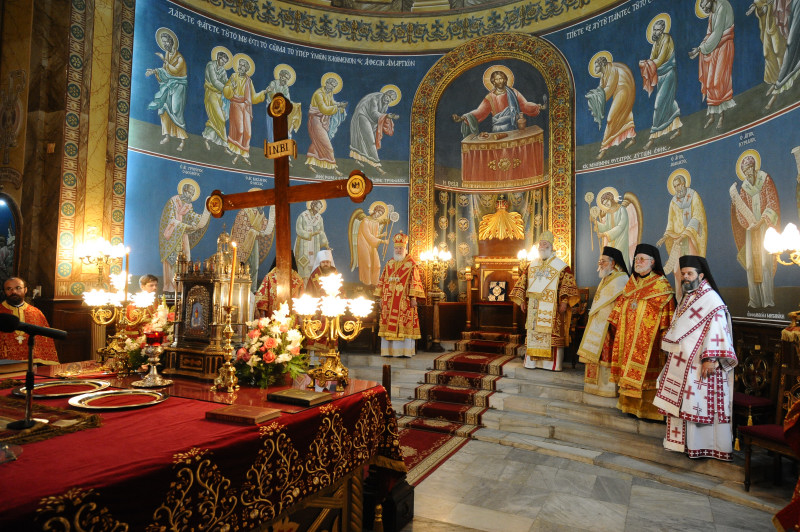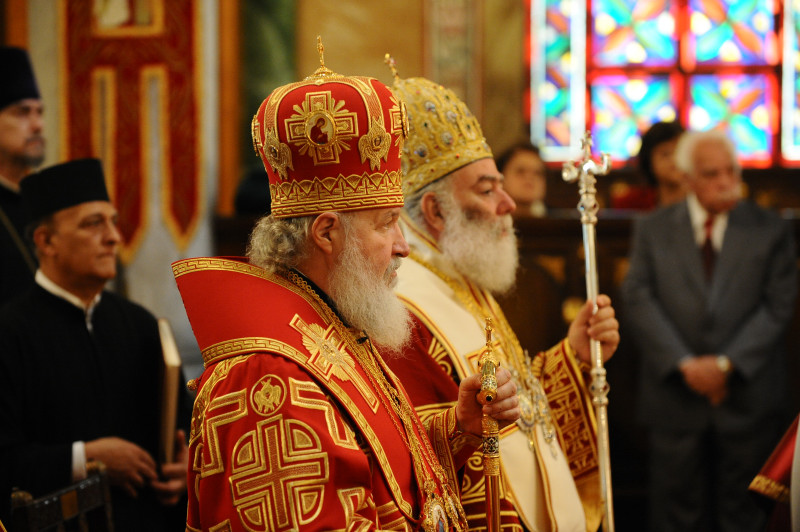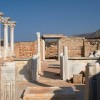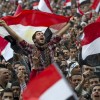<!–
/* Font Definitions */
@font-face
{font-family:”Cambria Math”;
panose-1:2 4 5 3 5 4 6 3 2 4;
mso-font-charset:204;
mso-generic-font-family:roman;
mso-font-pitch:variable;
mso-font-signature:-1610611985 1107304683 0 0 415 0;}
/* Style Definitions */
p.MsoNormal, li.MsoNormal, div.MsoNormal
{mso-style-unhide:no;
mso-style-qformat:yes;
mso-style-parent:””;
margin:0cm;
margin-bottom:.0001pt;
text-align:right;
mso-pagination:widow-orphan;
direction:rtl;
unicode-bidi:embed;
font-size:12.0pt;
font-family:”Times New Roman”,”serif”;
mso-fareast-font-family:”Times New Roman”;
mso-ansi-language:EN-US;
mso-fareast-language:EN-US;}
.MsoChpDefault
{mso-style-type:export-only;
mso-default-props:yes;
font-size:10.0pt;
mso-ansi-font-size:10.0pt;
mso-bidi-font-size:10.0pt;}
@page Section1
{size:595.3pt 841.9pt;
margin:72.0pt 90.0pt 72.0pt 90.0pt;
mso-header-margin:36.0pt;
mso-footer-margin:36.0pt;
mso-paper-source:0;
mso-gutter-direction:rtl;}
div.Section1
{page:Section1;}
–>
Minas Monir, Cairo – Egypt
With joy, the Orthodox faithful in Egypt received the news of
Patriarch Kirill’s visit to the ancient patriarchate of Alexandria. The
primate of the world’s largest and most influential Orthodox Church
began his trip with the See of St. Mark and will finish it in Damascus,
Syria. The news was quickly circulated in the parish, and preparations
for the great spiritual event soon began in both Alexandria and Cairo.
Patriarch Kirill and Patriarch Theodore II officiated the Divine
Liturgy in the Patriarchal Cathedral, in Alexandria. Priests from Cairo,
preceded by Archimandrite Elias Habib, went to Alexandria to share the
Alexandrian parishioners in this historical event.
I believe that the joyous reaction and celebratory atmosphere can be
explained in the light of two important factors. Firstly, the
historically strong ties between the two patriarchates. Secondly, the
significant prestige of the Patriarch of Moscow as a prominent
spiritual figure in the Orthodox world.

In the last two decades, the Russian Orthodox Church has developed
its spiritual role and contribution in the Middle East. A great
Cathedral of Saint Nicolas was built in the United Arab Emirates and a
renewal of activities in Jerusalem can be clearly witnessed, which has
given financial and spiritual support to the Antiochian Christians.
Today, we also find missionaries in Africa supporting the Alexandrian
Patriarchate’s efforts in this poor and often neglected part of the
world.
Historically, we – Alexandrians – know how the Russian Church helped
in the restoration of Orthodox Churches and the Patriarchal Library. The
current Patriarch of Alexandria, Theodore II, was the Exarch of the
Alexandrian See in Moscow. He speaks Russian fluently, and even prays in
Russian sometimes. He was among the attendants in the ordination of
Patriarch Kirill and officiated with him his first Liturgy after
ordination, at Christ the Savior Cathedral.
As further indication of the strong relationship, Patriarch Kirill
will present bells cast in Russia, made especially for St. George
patriarchal monastery in Cairo. This can be seen as an indication of a
promising future of cooperation on the pastoral and institutional level
as well.
As an Alexandrian Orthodox Christian, I look forward to seeing
Patriarch Kirill’s first visit to the Patriarchate of Alexandria as a
continuance of cooperation and contribution of the Russian Church. The
Church in Egypt needs support in its projects and development. Poverty
and social difficulties are the main challenge facing the Church. The
missionaries in Africa need support from all the Christendom, to help
them in their message of preaching the good news and bringing the divine
light to those who live in difficult conditions in the poorest
continent.

On the spiritual level, there is an increasing interest in the
Russian spiritual fathers’ legacy. The Middle East Orthodox today are
working on translating and producing studies on the Russian fathers and
saints. In Egypt, the Holy Archangels Orthodox Church has published
various translations of modern Russian fathers’ famous works. The
writings of Bulgakov, Alexander Schmemann and Florovsky are gradually
becoming known to Arab speaking Orthodox faithful. I believe that
there’s a duty of the Russian Church today to present and lead more
communication activities between the Alexandrian and Russian Christians,
including illuminating the Russian spiritual experience for today’s
Orthodox Christians of the Middle East.
I believe that this visit will be a very positive step on the road of
achieving such aspirations.
















